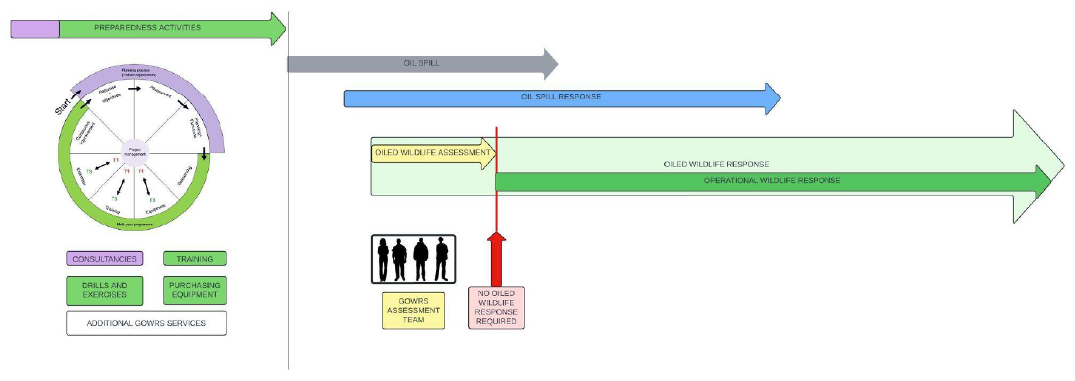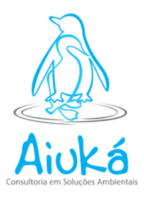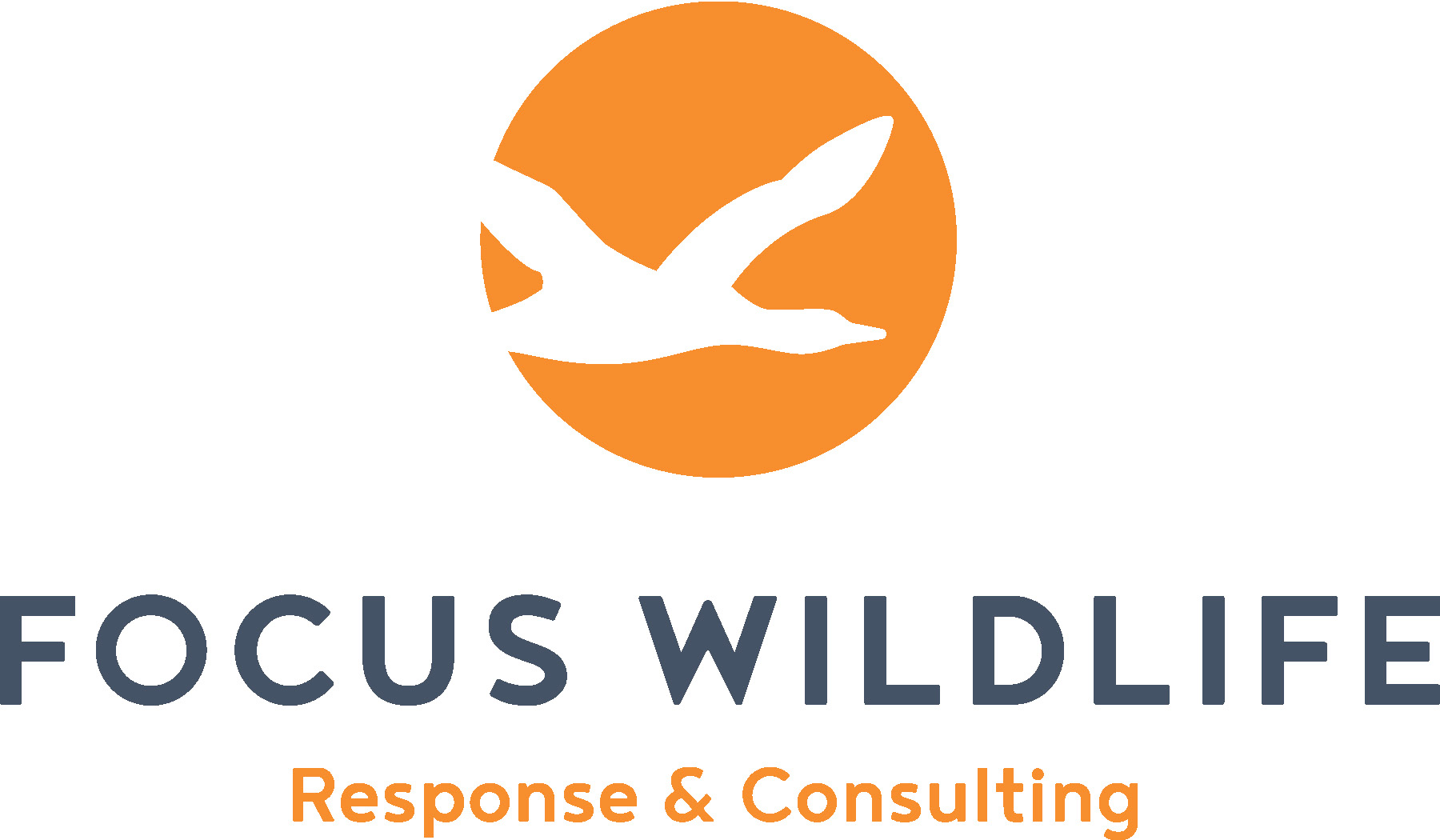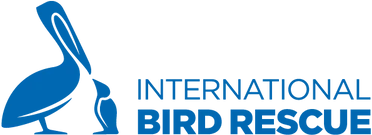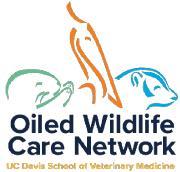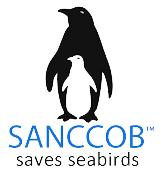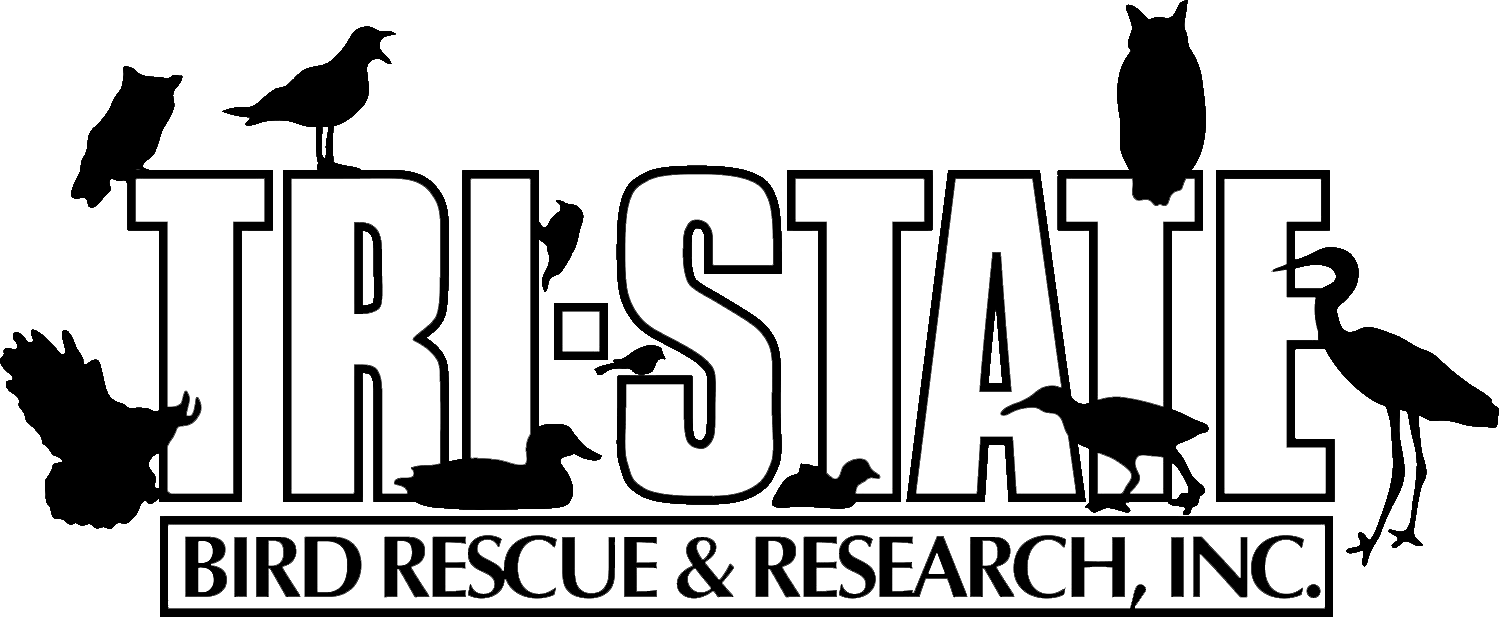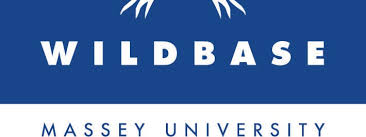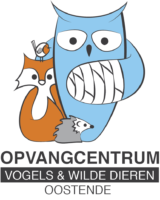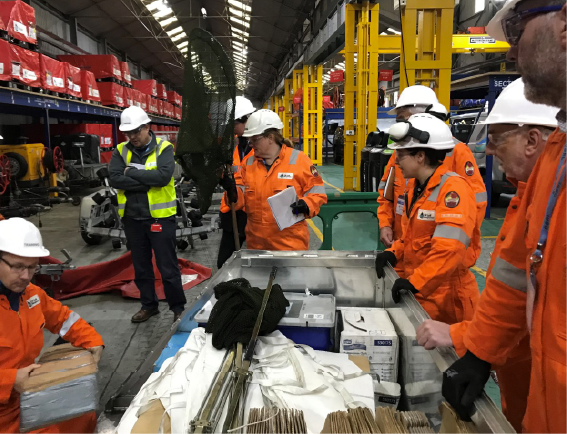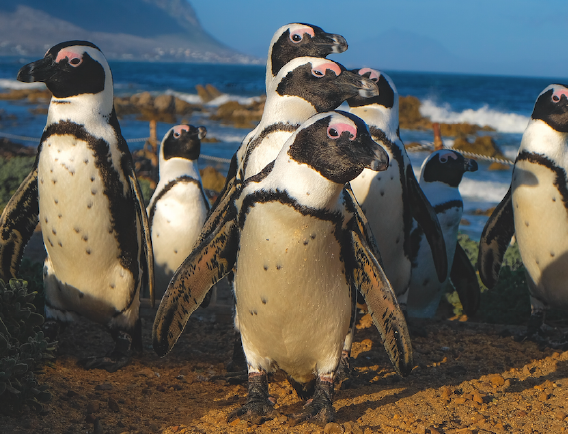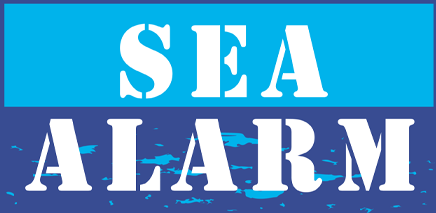GOWRS members primary focus is to assist wild animals such as birds, mammals, amphibians and reptiles. When oil spills occur, contaminating habitats and ecosystems, wild animals like these are often impacted, resulting in serious harm if not death. A wildlife response is a range of activities that can be deployed to either prevent these animals being impacted in the first place, or to rescue and either rehabilitate or euthanise the impacted animals, depending on the severity of their condition.
Wildlife response is often incorrectly thought of as being only about the rescue and rehabilitation of impacted animals, but this is only one of three main strategies used in a wildlife response:

